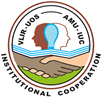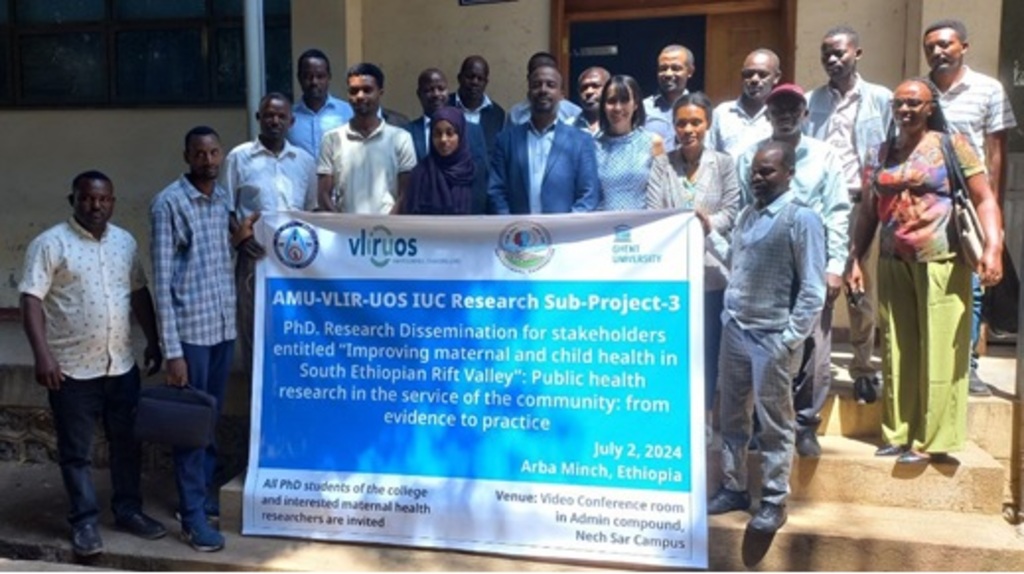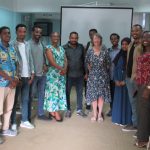On July 2, 2024, AMU-IUC Research Sub-Project 3 (RSP-3) hosted a pivotal PhD Research Dissemination workshop at AMU, bringing together a diverse audience of public health experts, stakeholders, government officials, community leaders, and academia to discuss critical research findings. The workshop, titled “Improving Maternal and Child Health in the South Ethiopian Rift Valley: Public Health Research in the Service of Community from Evidence to Practice,” served as a platform for disseminating crucial findings to those capable of enacting meaningful change.
Among the key participants was Prof. Dr. Souheila Abbeddou, from the Department of Public Health and Primary Care at Ghent University, Belgium, and the Flemish Project Leader of RSP-3. Prof. Souheila has been instrumental in the project’s progress and served as a promoter for the two PhD research projects presented at the workshop, alongside her colleagues.
The PhD research presented highlighted the region’s pressing public health challenges and the innovative solutions being developed to address them:
Dr. Befikadu Tariku presented his research on “Iron and Vitamin A Supplementation on Cognitive Development and Nutritional Status.” “Our research revealed that chronic malnutrition, particularly stunting, is associated with impaired cognitive abilities during school age,” Dr. Befikadu explained. He called for reevaluation of intermittent iron supplementation and semestrial Vitamin A as public health strategies, particularly in populations where low iron levels are not a major concern.
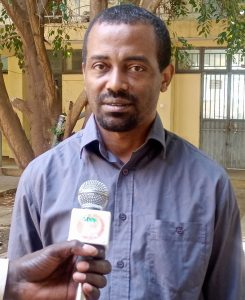
Dr. Wanzahun Godana examined the effects of “Innovative Video-Based Health Education on the Health Status of Pregnant Mothers and Their Infants.” He expressed that video-based health education led to higher adherence to iron folic acid supplementation, increased birth weights, improved maternal hemoglobin levels, and reduced anemia among pregnant women in their second and third trimesters. Dr. Wanzahun recommends video-based health education as an acceptable and feasible method for disseminating health information and suggests its use as an alternative approach for educating mothers and infants in resource-limited settings.
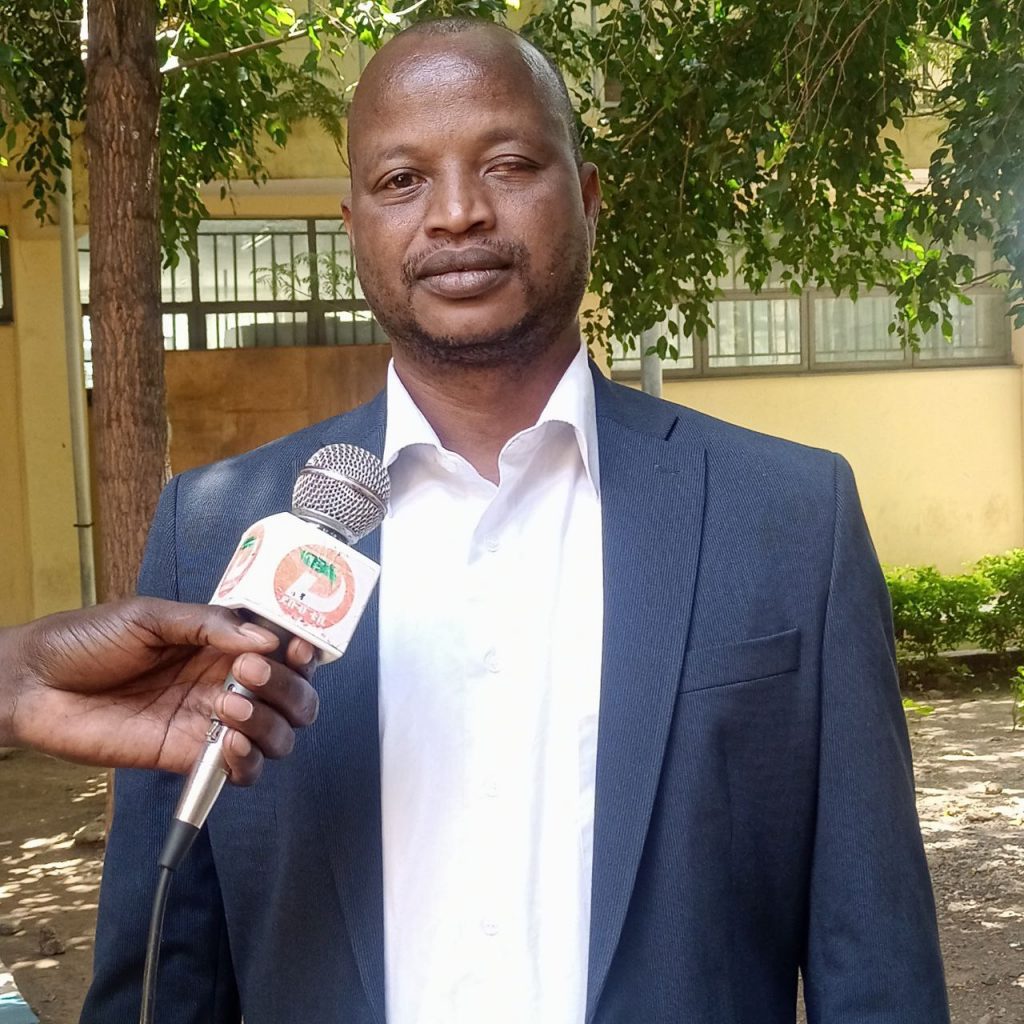
Dr. Mekdes Kondale addressed the reasons behind the preference for home births and evaluated interventions designed to increase institutional births. She identified cultural beliefs, accessibility challenges such as distance, and mistrust due to disrespectful care at healthcare facilities as key factors driving the choice of home births. Dr. Mekdes highlighted that integrated interventions, including audio or video-based safe motherhood education, can significantly enhance maternity care utilization. “Targeted community outreach and enhanced healthcare services can shift this trend, promoting safer birthing practices,” she concluded.
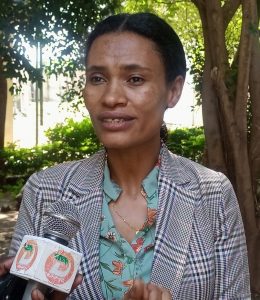
In her address, Prof. Souheila expressed pride in the RSP-3 project’s accomplishments, noting the strong collaboration between Ethiopian and Belgian researchers. She also highlighted the strides made in bolstering laboratory capacity and infrastructure, which are essential for sustaining ongoing research.
The workshop was further honored by the presence of Mr. Wondimagen Taye, Director of the South Ethiopia Region Public Health Institute, who lauded the collaborative efforts between Arba Minch University, the AMU-IUC, and the Belgian government. He urged the researchers to continue applying their findings to tackle the pressing health challenges the local community faces.
As the RSP-3 project progresses, the commitment to advancing maternal and child health in the South Ethiopian Rift Valley remains strong. Through innovative research, capacity building, and community engagement, the project team is poised to make a lasting impact on public health in the region.
Finally, the impactful research presented at the workshop has been published in leading public health journals. For a more in-depth look, please view the press coverage video of the workshop.
